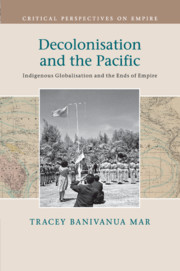In my family, stories of our Fijian ancestors' cannibalism have been irreverently recycled in tale-telling moments laced with both solemnity and the absurd. I never seriously questioned the reality of the stories, accepting instead their mythical quality and their underlying social allegory. With almost a wink and a nudge these tales of past cannibalism come to life as fables that nearly always taper off into the redemption of being civilized. As I explore in this article, for us as for many who engage cannibal stories, cannibalism refers to more than the cultural practice of anthropophagy. In the wake of William Arens' provocative critique of this meta-myth, it has become more difficult in recent years to uncritically accept and repeat claims of other peoples' cannibalism. Studies by a generation of scholars of history and culture have ensured that the study of cannibalism now is as likely to interrogate those that view and seek it, as it is to examine those reputed to practice it. Anthropologies of tourism and cultural critiques too have cemented its conceptualization as an enduring discourse of savagery.
